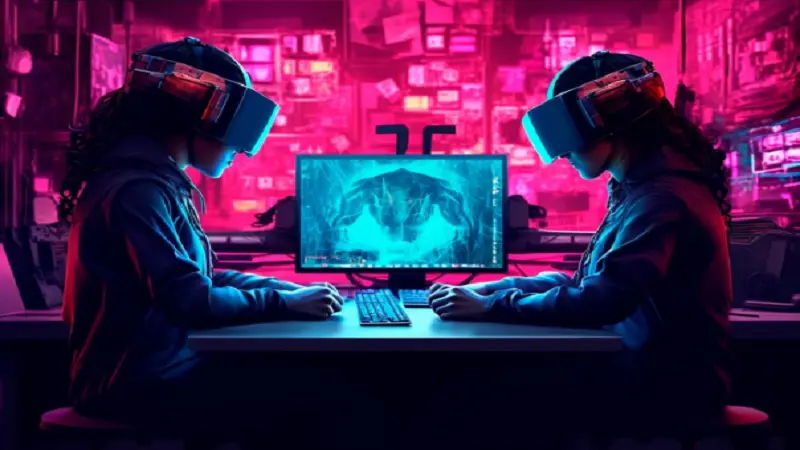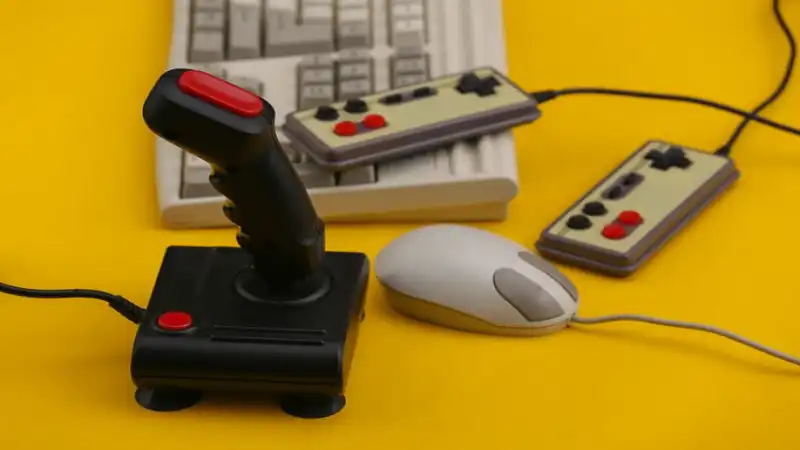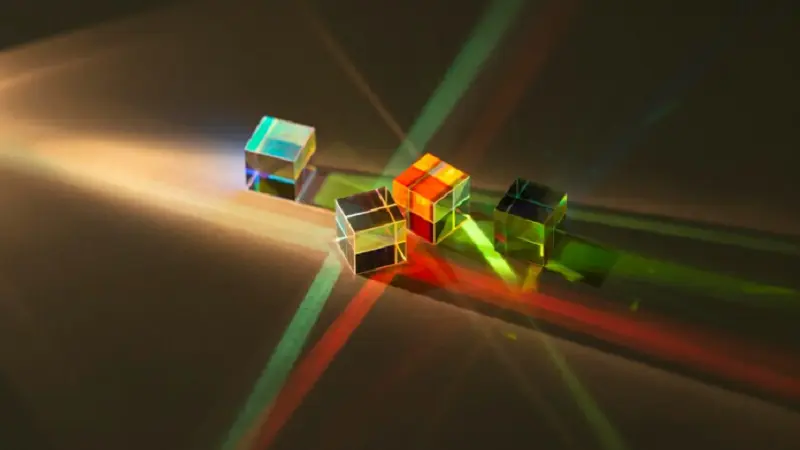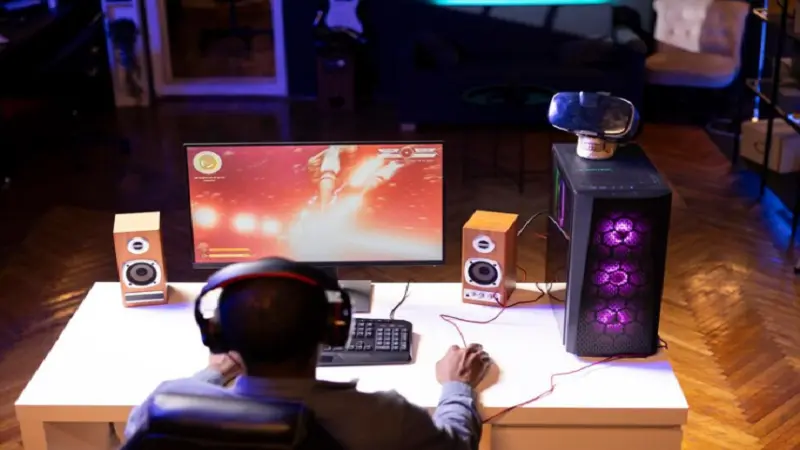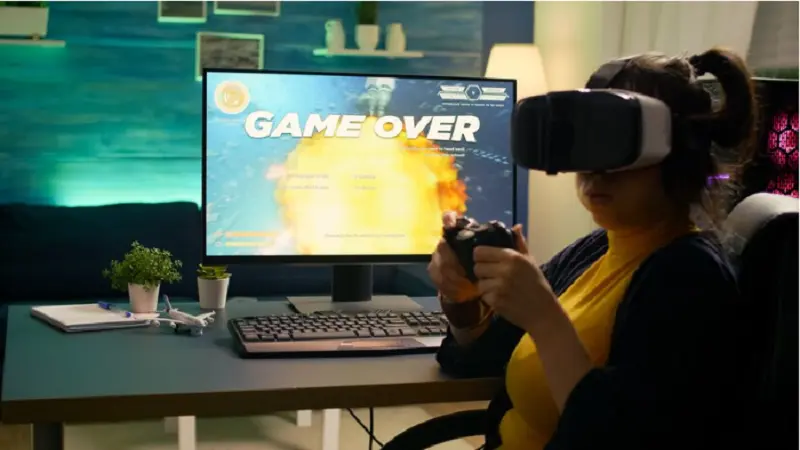In recent years, PBLinuxGaming Trend Updates has emerged as a fascinating frontier, challenging the longstanding dominance of Windows and consoles in the gaming industry. What was once considered a niche market is now blossoming into a vibrant ecosystem, thanks to advancements in technology, increasing support from game developers, and the passionate community behind it. This article delves into the latest trends and updates in PBLinuxGaming Trend Updates, exploring how this phenomenon is shaping the future of gaming.
The Rise of Linux Gaming
PBLinuxGaming Trend Updates has come a long way since its early days when only a handful of games were compatible with the operating system. The turning point came with the rise of Proton, a compatibility layer developed by Valve Corporation. Proton allows Windows games to run on Linux, significantly expanding the library of available titles. This innovation, coupled with the growing popularity of Linux distributions like Ubuntu and Fedora, has propelled Linux gaming into the mainstream.
Proton: The Game Changer
Proton has revolutionized PBLinuxGaming Trend Updates by bridging the gap between Windows and Linux. Developed by Valve as part of the Steam Play initiative, Proton leverages Wine (a compatibility layer for running Windows applications on Unix-like operating systems) and various open-source tools to make Windows games playable on Linux. The result is a seamless gaming experience that has attracted both gamers and developers to the platform.
Key Features of Proton
- Compatibility: Proton supports a vast number of Windows games, allowing Linux users to access a diverse range of titles.
- Performance Enhancements: Proton includes performance optimizations that enable games to run smoothly on Linux, often with comparable or even superior performance to Windows.
- Continuous Updates: Valve regularly updates Proton, ensuring compatibility with new games and improving the gaming experience for Linux users.
Steam Deck: A Catalyst for Linux Gaming
Another significant development in the PBLinuxGaming Trend Updates landscape is the introduction of the Steam Deck by Valve. This handheld gaming device runs SteamOS, a Linux-based operating system, and is designed to play PC games on the go. The Steam Deck has garnered widespread attention for its powerful hardware and extensive game library, further validating Linux as a viable gaming platform.
Impact of the Steam Deck
- Increased Visibility: The Steam Deck has brought Linux gaming into the spotlight, showcasing its potential to a broader audience.
- Developer Support: With the success of the Steam Deck, more game developers are optimizing their titles for Linux, enhancing compatibility and performance.
- Community Growth: The popularity of the Steam Deck has led to a surge in the Linux gaming community, fostering collaboration and innovation.
Current Trends in PBLinuxGaming
As PBLinuxGaming Trend Updates gains momentum, several trends have emerged that are shaping its evolution. These trends highlight the community’s commitment to improving the gaming experience on Linux and expanding its reach.
1. Native Game Development
While Proton enables Windows games to run on Linux, there is a growing interest in developing native Linux games. Game developers are increasingly recognizing the potential of the Linux market and are creating games specifically tailored for the platform. This trend is driven by the desire to optimize performance, enhance compatibility, and provide a seamless experience for Linux users.
Advantages of Native Development
- Performance Optimization: Native Linux games can be optimized for the operating system, resulting in better performance and reduced resource consumption.
- Direct Support: Developers can offer direct support for Linux users, addressing issues and providing updates more efficiently.
- Community Engagement: Native development fosters a stronger connection between developers and the Linux gaming community, encouraging collaboration and feedback.
2. Open Source Contributions
The open-source nature of Linux has always been one of its defining features, and this ethos extends to the gaming community. Developers and enthusiasts contribute to open-source projects that enhance the Linux gaming experience. From game engines to tools and utilities, the collaborative spirit of the community drives innovation and progress.
Notable Open Source Projects
- Lutris: A gaming platform that simplifies the installation and management of games on Linux, supporting various game sources and emulators.
- GameMode: A tool developed by Feral Interactive that optimizes system performance for gaming by adjusting CPU and GPU settings.
- Wine: The underlying technology behind Proton, Wine continues to evolve with contributions from the community, improving compatibility and performance.
3. Cloud Gaming on Linux
Cloud gaming has emerged as a significant trend in the gaming industry, offering players the ability to stream games over the internet without the need for powerful hardware. Linux users are increasingly exploring cloud gaming services like Google Stadia, NVIDIA GeForce Now, and Amazon Luna, which provide access to a vast library of games on Linux devices.
Benefits of Cloud Gaming
- Accessibility: Cloud gaming enables Linux users to play high-end games without investing in expensive hardware.
- Cross-Platform Compatibility: Linux users can access cloud gaming services across various devices, including desktops, laptops, and smartphones.
- Reduced Resource Consumption: Since games are streamed from remote servers, local resource consumption is minimized, allowing for a smoother gaming experience.
Challenges and Opportunities
Despite the progress made in PBLinuxGaming Trend Updates, challenges remain. However, these challenges also present opportunities for growth and innovation.
Challenges
- Game Compatibility: While Proton has improved compatibility, not all Windows games run flawlessly on Linux. Continued development and testing are needed to expand the library of supported titles.
- Driver Support: Graphics driver support on Linux can be inconsistent, affecting performance and compatibility for certain games.
- Market Share: Linux still holds a relatively small share of the gaming market, limiting the incentive for some developers to prioritize Linux support.
Opportunities
- Emerging Technologies: The rise of technologies like Vulkan (a cross-platform graphics API) and Wayland (a display server protocol) offers opportunities to enhance Linux gaming performance and capabilities.
- Community Engagement: The passionate Linux gaming community is a valuable resource for feedback, testing, and collaboration, driving innovation and improvement.
- Diverse Platforms: Linux gaming spans a wide range of devices, from desktops to handhelds like the Steam Deck, providing opportunities for unique gaming experiences.
The Future of PBLinuxGaming
As PBLinuxGaming Trend Updates continue to evolve, the future looks promising. The convergence of technology, community support, and industry recognition is driving Linux gaming toward new heights. Here are some potential developments to watch for in the coming years.
1. Mainstream Adoption
With the growing popularity of the Steam Deck and the increasing number of native Linux games, Linux gaming is poised for mainstream adoption. As more gamers discover the benefits of Linux, the demand for Linux-compatible titles will rise, encouraging developers to prioritize Linux support.
2. Enhanced Performance
Advancements in hardware and software will continue to improve the performance of Linux games. Technologies like Vulkan and Proton will play a crucial role in optimizing graphics and reducing overhead, resulting in a smoother and more immersive gaming experience.
3. Collaborative Ecosystem
The Linux gaming community’s collaborative spirit will remain a driving force behind innovation. Open-source projects, community feedback, and developer engagement will foster a dynamic ecosystem that pushes the boundaries of what Linux gaming can achieve.
4. Diverse Gaming Experiences
Linux gaming will continue to offer diverse experiences across various devices and platforms. From traditional desktop gaming to portable gaming on the Steam Deck and cloud gaming services, Linux users will have a wide range of options to suit their preferences.
Conclusion
PBLinuxGaming Trend Updates is on the cusp of a new era, driven by technological advancements, community support, and industry recognition. As Proton, the Steam Deck, and native game development pave the way for a brighter future, PBLinuxGaming Trend Updates is shedding its niche status and emerging as a formidable contender in the gaming industry. With challenges come opportunities, and the Linux gaming community is poised to seize them, shaping a future where Linux gaming is not just a trend but a thriving ecosystem.
